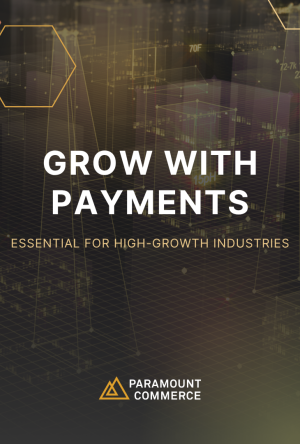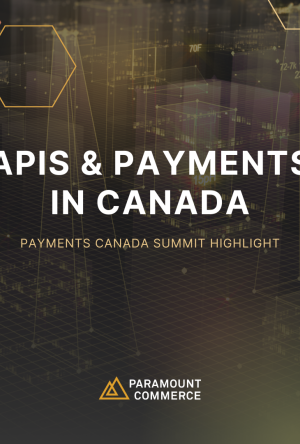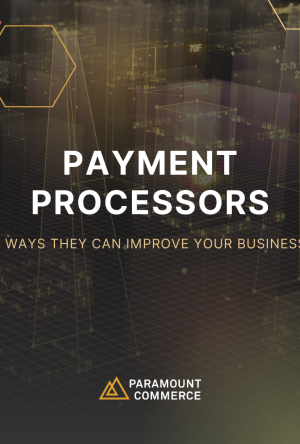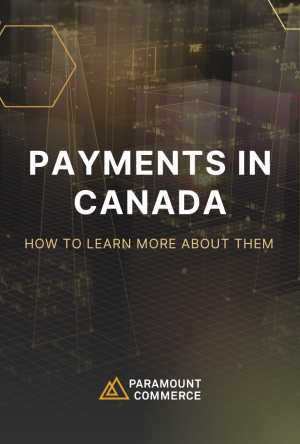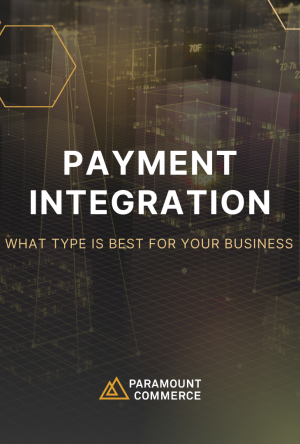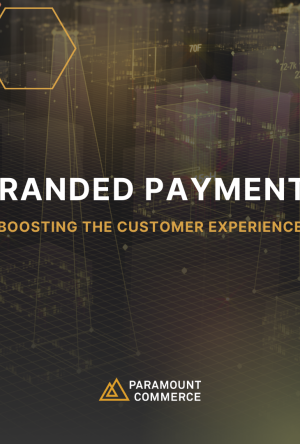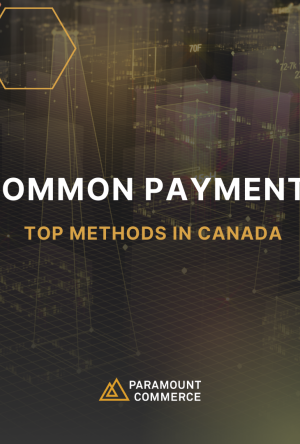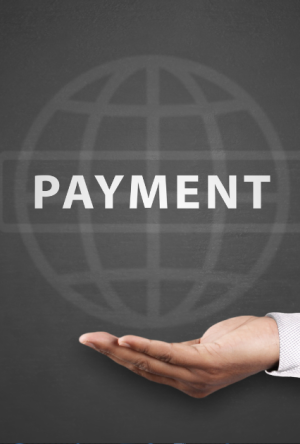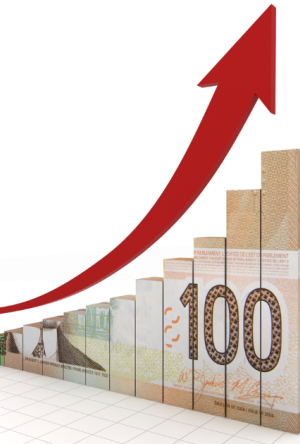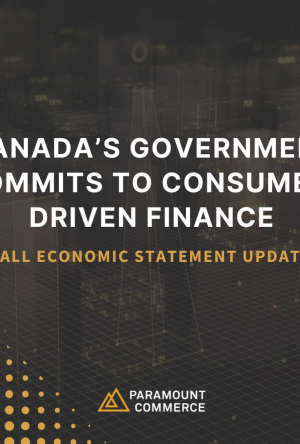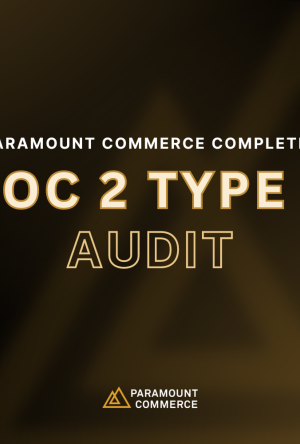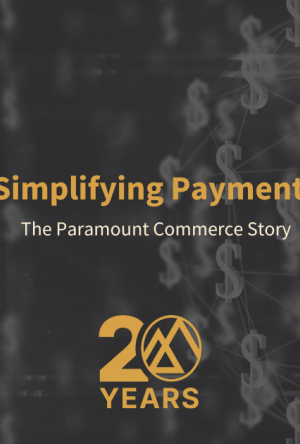
Let’s Learn About The Rise Of Alternative Payments With Dave Roe
In an era defined by rapid technological advancements and shifting consumer preferences, the world of payment solutions has witnessed a remarkable transformation. Alternative payment methods, such as bank-account-based payments, have emerged as significant contenders in recent years, challenging the dominance of traditional payment systems. We spoke with Paramount Commerce’s COO, Dave Roe, to understand the reasons behind the surging popularity of alternative payment solutions, the potential benefits and challenges they bring for both consumers and businesses, and, much more.
Q1: Why have alternative payment solutions, such as bank-account-based payments, grown in popularity in recent years?
Dave Roe: Consumer Choice: Alternative payment solutions have seen a surge in popularity in recent years due to several compelling factors. First and foremost, the evolving preferences of consumers have played a pivotal role. People today are more inclined to seek payment methods that align with their changing lifestyles. Using bank accounts for payments has become increasingly appealing, albeit to varying degrees in different countries.
Savings For Businesses: Another significant driver is the potential cost savings for merchants. Businesses are constantly looking for ways to optimize their bottom line, and alternative payment solutions often come with lower transaction fees compared to traditional methods. This financial incentive encourages merchants to embrace these alternatives.
More Adoption: Moreover, regulatory frameworks have evolved to encourage and enable the adoption of alternative payment methods. These regulations aim to reduce reliance on established payment schemes like credit cards. As a result, alternative payment methods have emerged as a competitive and viable option, providing consumers and businesses with more choices and flexibility in how they transact.
Q2: What are the potential benefits and challenges associated with the widespread adoption of alternative payment methods for both consumers and businesses?
Dave Roe: Challenges: The widespread adoption of alternative payment methods presents both benefits and challenges for consumers and businesses alike. From a merchant’s perspective, one notable challenge is the need to integrate with multiple payment solutions, particularly when operating in diverse markets. Unlike the uniformity of major card networks, alternative payment methods can vary significantly from one region to another. This diversity can pose challenges in terms of payment method coverage for businesses.
Benefits: On the consumer side, one of the key benefits is enhanced security. With alternative payments, consumers often don’t have to divulge their payment details to each merchant. Instead, they entrust their information solely to their bank, enhancing data security and privacy.
From a transaction speed perspective, alternative payments can offer businesses the advantage of quicker fund transfers, leading to faster clearing times. This can be especially advantageous in industries where immediate access to funds is crucial.
Overall, while there are challenges associated with integrating and managing multiple payment methods for businesses, the enhanced security and convenience for consumers, along with faster transaction processing, make alternative payment methods a compelling choice for many.
Q3: What role has technology played in facilitating the adoption of alternative payment methods?
Dave Roe: Technology has played a pivotal role in the widespread adoption of alternative payment methods. Firstly, the proliferation of mobile devices and the improvements in the mobile user experience have greatly contributed to their adoption. Mobile devices have become powerful tools for payment authentication, often incorporating biometric capabilities that enhance security and ease of use.
Additionally, advancements in payment integration technology, such as Software Development Kits (SDKs) and standardized integration approaches, have streamlined the onboarding process for merchants. This means that businesses can integrate alternative payment solutions more rapidly, reducing friction for both merchants and consumers.
Machine learning has also emerged as a valuable tool in managing the associated risks of instant fund transfers, which are common in many alternative payment methods. Machine learning algorithms can detect and prevent fraudulent transactions more effectively, providing an added layer of security.
Q4: What impact will open banking in Canada have on alternative payment methods?
Dave Roe: Open banking has already made a significant impact, particularly in Europe where it has been in place for some time. When open banking is introduced in Canada, there will be two primary factors that will influence the market.
Firstly, open banking will foster increased competition within the Canadian payments industry. The lower barriers to entry for supporting alternative payment methods mean that more players will be able to enter the market. This competition will lead to greater innovation and a wider array of payment options for consumers and businesses.
Secondly, open banking will bring a higher level of consistency and reliability to payment processes. While existing payment methods are generally reliable, open banking seeks to make payment authentication and fund transfers even more dependable. This increased reliability will enhance the overall user experience, making transactions smoother and more predictable.
Q5: What do you foresee as the future trajectory of alternative payment methods? Are there any emerging trends or developments that could further shape their growth?
Dave Roe: The future trajectory of alternative payment methods appears promising. One notable trend is the continued investment in alternative payment schemes, such as INTERAC and real-time payment rails. These investments are expanding the capabilities and acceptance of alternative payments, attracting more users and businesses.
Furthermore, the lower transaction fees associated with alternative payments offer the potential to introduce loyalty programs without inflating processing costs for merchants. This presents an opportunity for businesses to compete with traditional loyalty schemes offered by credit card companies while keeping costs in check.
Another noteworthy development is the integration of alternative payment methods with emerging technologies like blockchain and cryptocurrency. This intersection offers even more choices for consumers and businesses, potentially reshaping the payment landscape further.
In summary, alternative payment methods are likely to continue their growth trajectory, driven by increased investment, innovative loyalty programs, and integration with cutting-edge technologies. This evolution promises to provide consumers and businesses with more diverse, cost-effective, and secure payment options in the years to come.
The Paramount Commerce team will be attending the 2023 SBC Summit Barcelona happening at Fira de Barcelona from September 19 to 21. Are curious about simplifying your payment needs? Then, don’t miss this golden opportunity to chat with our team. Book a meeting with us today: https://www.paramountcommerce.com/contact




